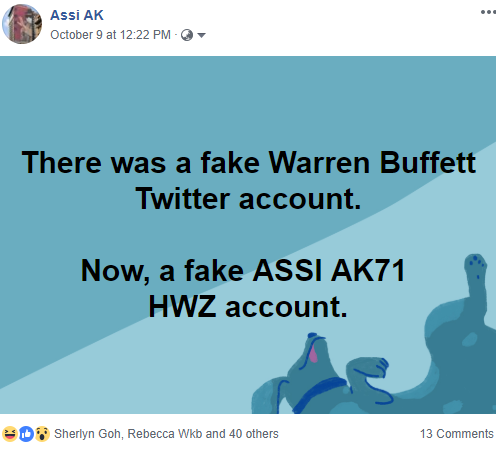I was not the best Science student, that is for sure. I made the switch from Science to Arts at the advice of my school principal when I was in secondary school and that was probably the best advice during my school days in terms of my academic life.
I do, however, remember the scientific concept of "dilution". To me, it is quite simple.
If I had half a glass of orange juice and I added half a glass of water to it, it would taste quite bad. Diluted and, in this case, half as concentrated.
No, it would taste the same.
Concentration stays the same. Not diluted.
There has been quite a bit of talk in cyberspace that rights issues by REITs are dilutive if we as unitholders do not participate in them.
Some would even say that the REITs are taking back the income they distributed to unitholders before.
Thinking of rights issues in such a manner is like suffering from cataracts. These people are not seeing things clearly.
If a REIT's distribution yield was 10% and after rights issue, it remained at 10%, would it "taste" less delicious?
No, it would still be giving me the yield I had enjoyed before the rights issue.
The rights issue would be simply providing me an option to increase my investment in the REIT for the same distribution yield, doubling future income in nominal value.
However, if I did not participate in the rights issue and chose to sell away the nil-paid rights instead, would the distribution yield for my remaining investment in the REIT be lower? Probably so.
However, since we had sold the nil-paid rights, the cost of our original investment would be lowered and the distribution yield would, thus, be higher.
Theoretically, therefore, we would not be worse off in terms of distribution yield if we chose not to subscribe to the rights issue.
Most arguments which say that unitholders would see dilution if they did not take part in rights issues are referring to how their shares of the enlarged capital base would shrink in percentage terms.
This argument, apart from being academically appealing, holds no pragmatic significance for me.
Having said this, not all rights issues are distribution yield accretive. Each rights issue should be assessed based on the circumstances leading to it and its pro forma numbers.
Equity fund raising as a concept is simple enough to understand.
To have a simple blanket statement that unitholders not taking part in rights issues would see dilution is, however, too simplistic and ignores what is most important about investing in REITs: income.



















